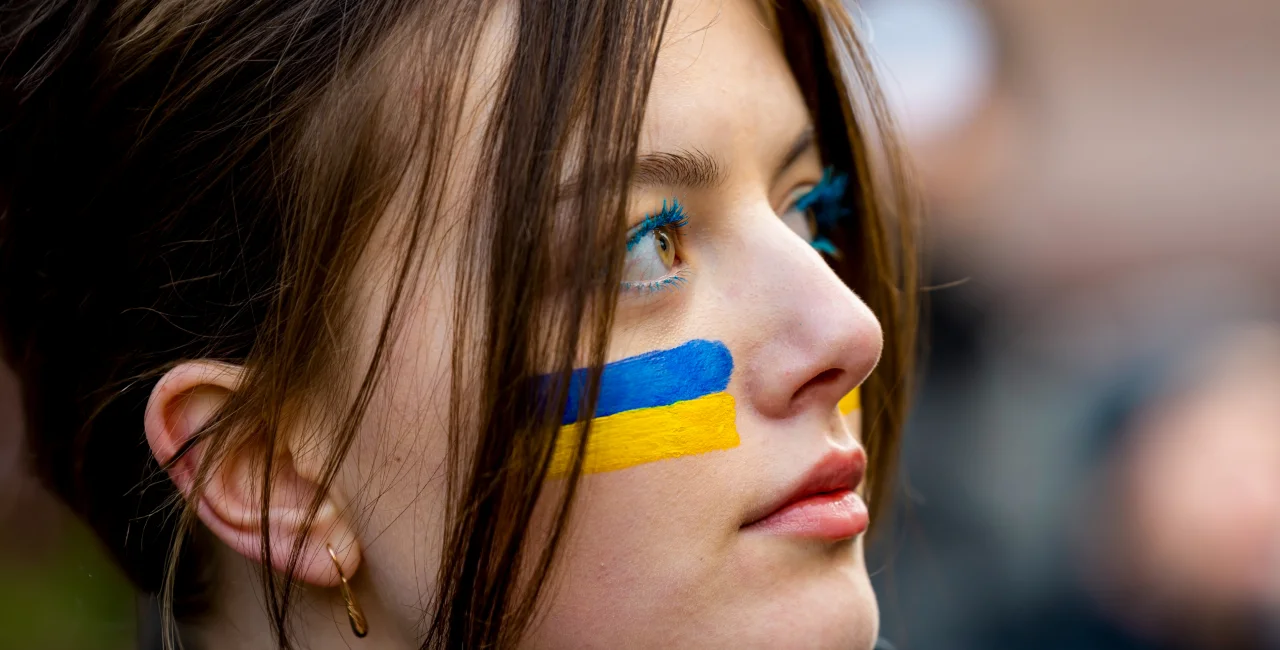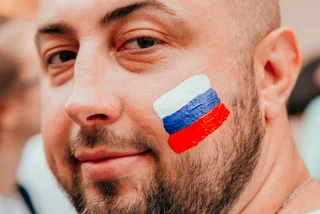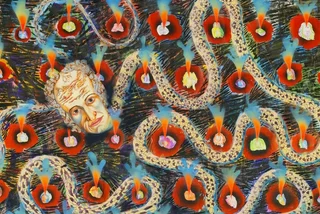Czech President Petr Pavel has signed an amendment that tightens restrictions on Russian citizenship applications while extending protections for Ukrainian refugees.
The new law, set to take force the day after publication in the Law Digest, mandates that Russian applicants for Czech citizenship must renounce their Russian nationality and provide proof of doing so—a requirement critics argue may be difficult for some opposition figures.
The amendment also introduces harsher penalties for unauthorized foreign influence activities and reintroduces a controversial special school enrollment period for Ukrainian children.
Meanwhile, the Czech government is preparing for the eventual return of Ukrainian refugees, with plans for a return center in Prague offering support for those wishing to contribute to post-war reconstruction efforts in Ukraine.
Russians must renounce nationality
The newly signed bill mandates that unauthorized activity for a foreign power will carry a penalty of up to five years in prison, or up to 15 years under martial law. It applies to those working for a foreign country or organization with the intent to harm Czech sovereignty or security.
Critics of the amendment argue the vague wording could be abused and have challenged its constitutionality. Supporters say it’s part of a well-drafted Penal Code reform, yet to be debated by the Chamber of Deputies.
The amendment also requires Russian citizenship applicants to renounce their nationality and provide proof. Opponents claim this is unfeasible for those who stand against the Russian regime, though exceptions, such as for asylum seekers, are possible, according to the Interior Ministry.
The amendment, also tightens the conditions for continuation of temporary protection, asylum procedures and the issuance of travel identity cards, making it harder for foreigners to stay if their home country has decided they should return. Citizens of Russia and Belarus who are on a sanctions list would also be sent back to their country.
Czechia extends protection, prepares for refugee return
The extension of temporary protection for Ukrainian refugees until March provides access to healthcare, education, and the labor market. A new amendment will also introduce special long-term residence for refugees who have been in the country for over two years, requiring economic self-sufficiency, secured housing, and school attendance for children.
Additionally, the president has sanctioned the reintroduction of special enrollment for Ukrainian refugee children in primary school first classes. Critics argue that the enrollment window, between June 1 and July 15, is discriminatory and places an administrative burden on schools. The Interior Ministry has also opposed this provision, warning it could lead to segregated classes.
The amendment further tightens conditions for temporary protection, asylum procedures, and the issuance of travel identity cards.
Interior Minister Vít Rakušan announced plans to establish a return center in Prague by June to assist Ukrainian refugees wishing to return home for post-war reconstruction. The center, modeled after similar initiatives in Germany and Poland, would provide legal assistance, logistical support, and information about return options. It will primarily be staffed by Ukrainians, with additional personnel from the Czech Ministry of Interior’s asylum and migration department.
Funding for the center will come from Ukraine, the Czech Interior Ministry, and the European Union. The specific location has not yet been determined, but Rakušan emphasized the need for an accessible and dignified space.
Protection granted to 395,000 refugees
As of early February, the Czech Republic has granted temporary protection to over 395,000 Ukrainian refugees. The EU has extended protection status through March 2025, but Rakušan noted that if a ceasefire is reached in Ukraine, the issuance of temporary protection may be suspended to prevent a new migration wave.
Czechia has proven one of Ukraine's fiercest allies since the Russian invasion of the country in February 2022. Czech Foreign Minister Jan Lipavský and U.S. House Foreign Affairs Committee Chairman Brian Mast agreed on key issues including Russian aggression during talks in Washington this week.
Lipavský, attending the first transatlantic relations conference since President Donald Trump’s inauguration, emphasized the need for stronger European defense. He confirmed Czechia’s commitment to spending more than 2 percent of GDP on defense, stressing the importance of alliances for both Europe and the U.S.












 Reading time: 3 minutes
Reading time: 3 minutes 




























